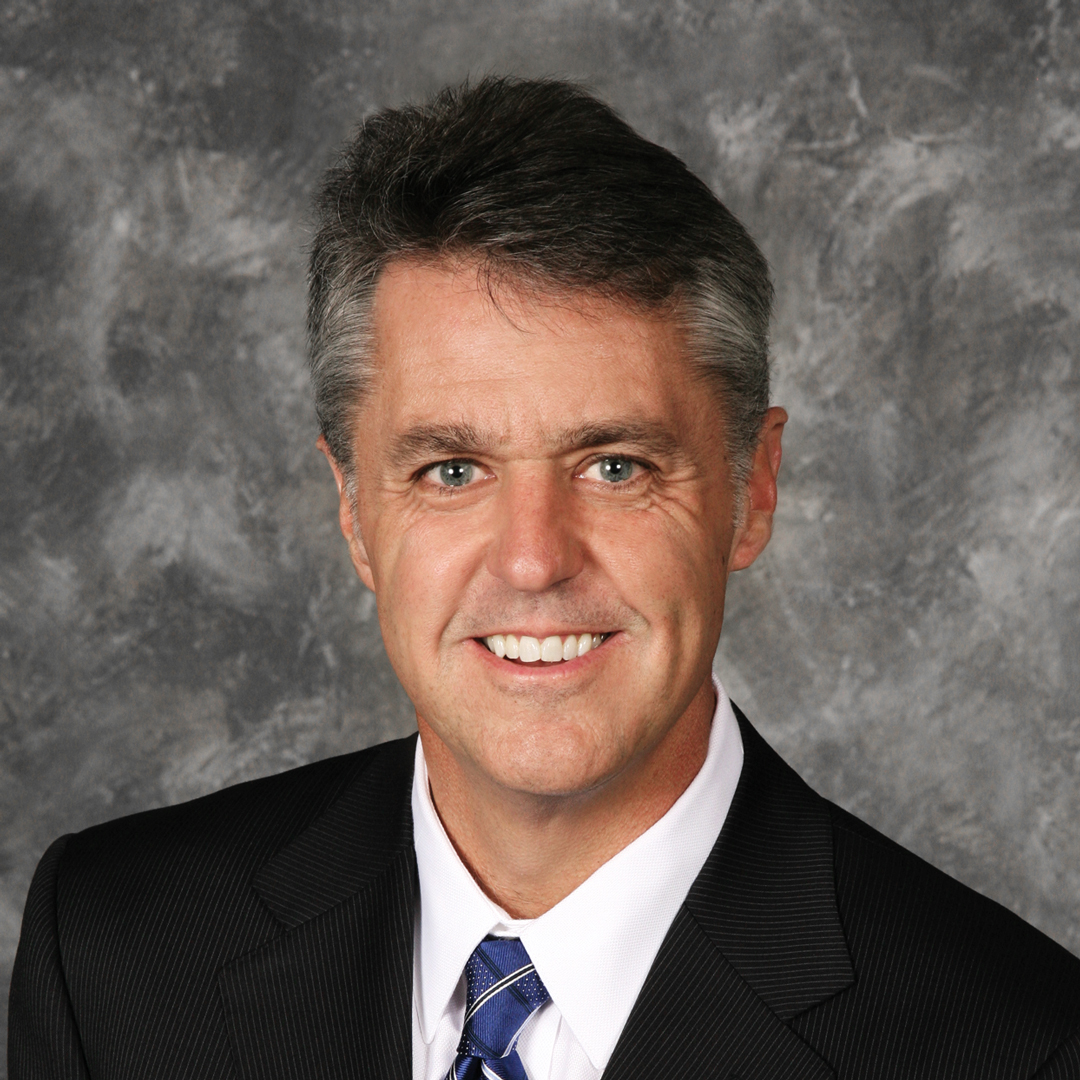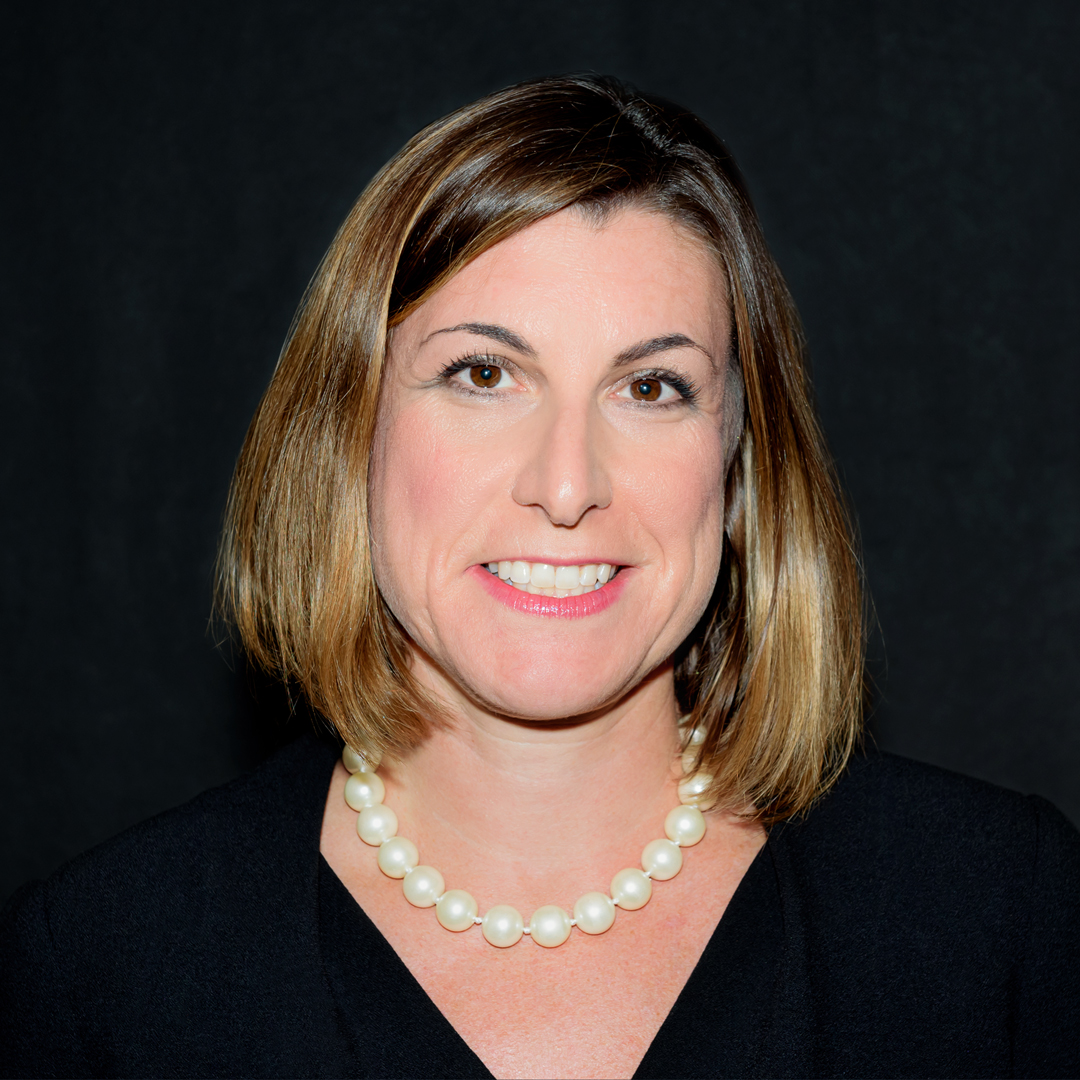Jennifer Hamilton knows exactly what has gotten her to where she is today as senior counsel and head of the global evidence team at Deere & Company. “It’s really been a combination of three things: growing up in a family of prodigies, exposure to diversity, and having people in my life who pushed me out of my comfort zone at exactly the right time,” she says.
Hamilton’s mother was a child art prodigy, she explains, while her brother took after their father and started tinkering with computers at the age of three. “Growing up with focused experts was normal,” Hamilton notes. “And while I excelled in school generally, the insecurity of not knowing the ‘one thing’ I should be doing did haunt me.”
A marketing major at the University of Texas at Austin–Red McCombs School of Business, Hamilton questioned whether she should be in a general business program or pursue something more focused (albeit completely unrelated), like art history. But one day, one of her management professors gave the class more important advice that Hamilton has never forgotten: that if they stayed in Texas after graduating instead of getting out and exploring the world, they would be making the biggest mistake of their lives.
“He said, ‘You can always come back home, but you can’t always leave,’” Hamilton recalls. “But at the time, I never considered leaving the state of Texas, leaving my network and comfort zone.” Hamilton was raised in southeast Texas: the “land of oil rigs, seafood digs, and personal injury attorneys,” as she jokingly puts it. It’s also a land of huge divides in terms of culture, socioeconomic classes, and professional status.
“I had friends and neighbors and classmates still laboring under long-standing segregation,” she says. “When I graduated high school, it was the anniversary of the school being desegregated.
“And it was apparent in the gender roles as well,” Hamilton adds. “My mother always wanted me to be a professional and supported me when I entered that life, but that was never in the cards for her.”
In fact, after graduating from college, Hamilton fulfilled both her parents’ dreams—she took her professor’s advice, left Texas, and secured a position as an account executive at a South Dakota–based computer company called Gateway. She spent less than two years there, though, because the people all around her kept telling her she should go to law school. “They saw what I had to offer before I could see it myself,” Hamilton says. “And that changes the course of your life.”
“Deere’s been around more than 180 years, but the company still supports new approaches.”
Years later, after obtaining her JD from the University of Iowa College of Law and honing her litigation expertise in law firms, Hamilton found herself at John Deere, the beloved manufacturer of green and yellow tractors as well as other agricultural, forestry, and construction equipment. Since joining the company in 2006, Hamilton has begun focusing more and more on an area of practice that she calls “a bit unique”: e-discovery.
“It’s what I would call the marriage of technology and dispute resolution. Some people would say was an earthquake,” Hamilton says with a chuckle. “It’s not just a procedural area of law but also a substantive area of law. There’s a lot of complexity—and that’s just on the legal side.”
From the very beginning with e-discovery, Hamilton has felt at home. “I spent a lot of time sitting across the table from IT,” Hamilton says of her early efforts to learn about e-discovery. “It felt like I was sitting around the dinner table: I understood what they were saying; I understood about software interfaces and usability and a lot of things that I grew up talking to my dad and brother about, and they appreciated that.”
Hamilton has built Deere’s e-discovery practice group, now called the global evidence team, from the ground up. The global evidence team not only oversees the development and implementation of various policies and procedures but also trains the company on best practices, advises the company on individual e-discovery matters, and coordinates with outside vendors to develop business cases for emerging technologies.
Many of these outside vendors speak highly of Hamilton and her abilities. “Jennifer is a leader who has always been ahead of her time, driving legal operations process excellence years before the industry as a whole was having this dialogue. Understanding what it means to be a valuable business partner to Deere, Jennifer is always looking for ways to help her organization deliver better services in a cost-effective manner,” says Andrea Wallack, CEO of NightOwl Global. “For NightOwl, Jennifer is a true colleague; she shares her perspective openly, enjoys the spirit of shared dialogue, and inspires our teams to innovate and collaborate in a process of continuing evolution.”
In future, Hamilton plans to strike a balance between e-discovery and the privacy field, two “young cousins in a very old, established family of long traditions,” she says. “We have to figure out how to manage complex and often conflicting laws, newer and newer technology, and huge volumes of data—in an environment of growing restrictions and severe penalties for failure to comply.
“This actually fits well with Deere’s long-term goals,” Hamilton adds. “Deere’s been around more than 180 years, but the company still supports new approaches. We try to strike a balance between short- and long-term thinking and think not just about what we’re going to do but how we’re going to do it.”
The Convergence of E-Discovery and Privacy
Since 2006, e-discovery programs have come a long way: What was once a litigation support function has evolved into a proving ground for solving big data challenges. And while e-discovery solutions have had time to mature, the risk of searching, collecting, and transferring data is still very fluid. In the new privacy era, the challenge is to build sustainable processes that comply with a changing landscape of laws.
Privacy has suddenly popped onto the scene in the US, but Jennifer Hamilton has been working through these knotty problems for decades. Studying European Union structures back in law school, Hamilton was keenly aware that the EU was a driving force of change the world. And to prepare for this change, she started early on in her career at Deere to establish a common framework for privacy and e-discovery: “I have a responsibility, as a fisher of data, to comply with both old and new facets of digital risk. The duty to discover data must be balanced with the duty to protect it.”

